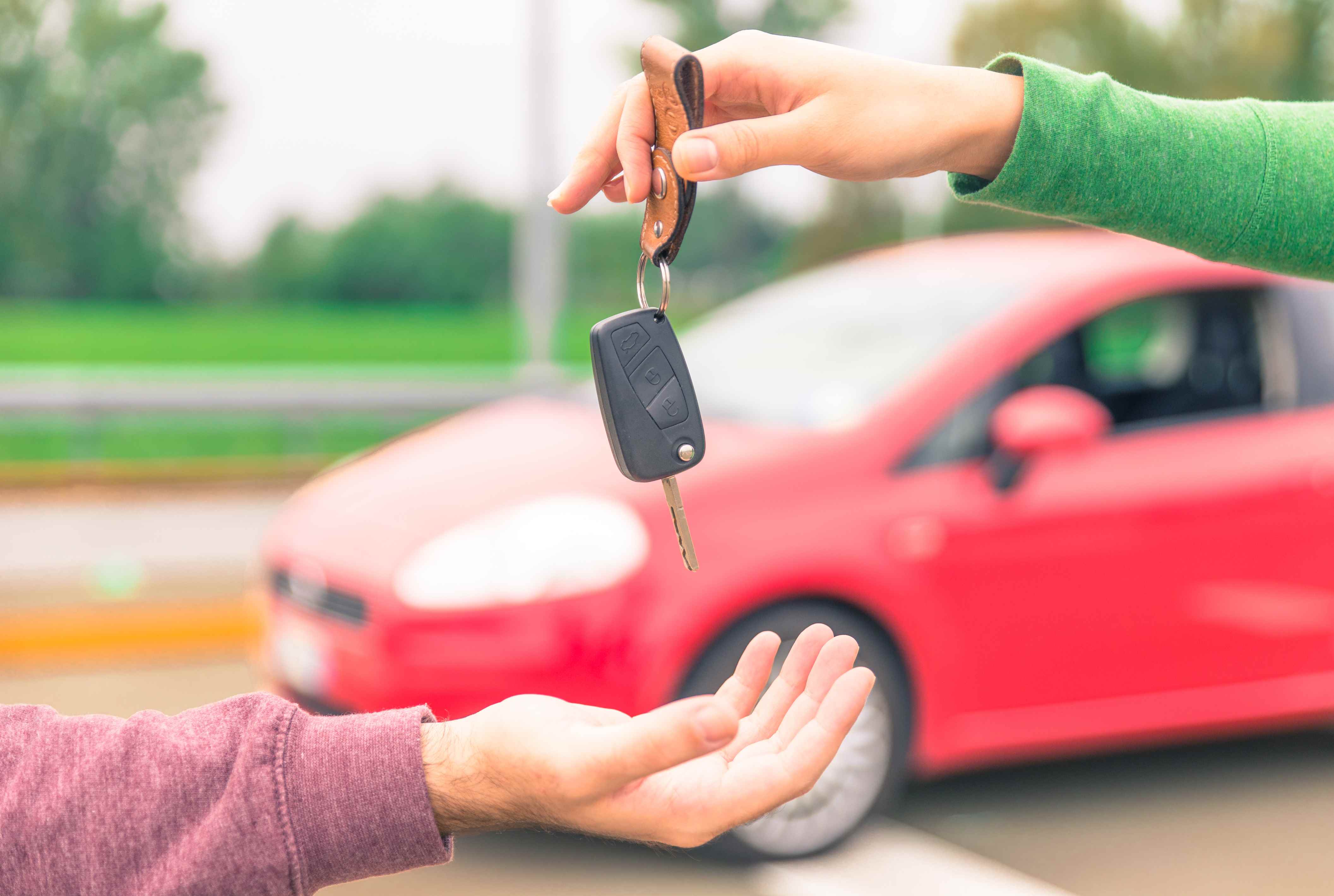


There are three types of car insurance policy:
Car insurance provides you with cover if you’re involved in a car accident. Car insurance is also a legal requirement for those who own or drive a car, unless it has been declared off-road (SORN) and kept on private property. If you’re uninsured, you can be fined and given up to six penalty points.
In the event of an accident, most insurance policies cover damage to your car and/or other vehicles, injuries and property damage. Insurance policies also tend to cover fire damage and attempted or actual theft. The cover provided by car insurance policies can vary, so check the small print for exclusions or limitations.
Almost all insurance providers allow you to transfer your policy from one car to another, and they'll amend the policy to reflect that. However, it might change your premium and you may be charged an administration fee.
You can be added as a named driver to your parents' car insurance, as long as you're not the main driver and you only occasionally borrow their car. Adding you as a named driver will increase their insurance premium, but it probably won't go up by as much as it would cost you to take out your own car insurance.
Dealerships will often offer you temporary insurance to cover you for the first few days of ownership, but if you're buying a vehicle privately you'll need insurance in place before you pick it up.
Can I drive my car home if I've just bought it? If you've just bought a car, you must tax it in your name before driving it away. The road tax is not transferred from the old owner to you, the new owner, when you buy the car.
Generally, your insurance is still valid even if your car tax runs out. But different insurance companies have their own rules. So, you'll need to check your car insurance to avoid getting caught out.
NO. The law states that a registered vehicle being kept or used on public roads must be both taxed and insured. You don't need to tax your car if you're not driving or parking it on a public highway. If it's kept off road in a garage, on a drive or on private land, it must be declared SORN. However must be taxed if you intend to drive it on a public road
If you're buying a new car, road tax is sometimes included in the purchase price… but the dealership will need your insurance details to tax it in your name.
You can't drive a SORN car for any other reason than to take it to or from a pre-booked MOT. If you sell your SORN car, you or the buyer should arrange a way for it to be legally taken away.
Yes, car insurance is required by law. If you’re caught driving an uninsured car, you can face a fine of up to £5,000 and potential disqualification from driving. The only exception is when a car is declared off-road with a Statutory Off Road Notice (SORN). If your car is SORN you won’t have to pay car tax or insurance, but it must be kept off public roads. If your car is left parked on a public road, it’ll need insurance.
This is unlikely. In the past, ‘driving other cars (DOC)’ was included in some comprehensive policies and gave you third-party cover to drive cars not listed on your policy. This has changed in recent years, and DOC isn’t always provided in the initial quote. Sometimes, you may have to request it and pay extra, so ask and check your contract before you commit. If you do add DOC, make sure you read the fine print as it could only apply in certain conditions; for example, driving someone else’s car in emergencies only.